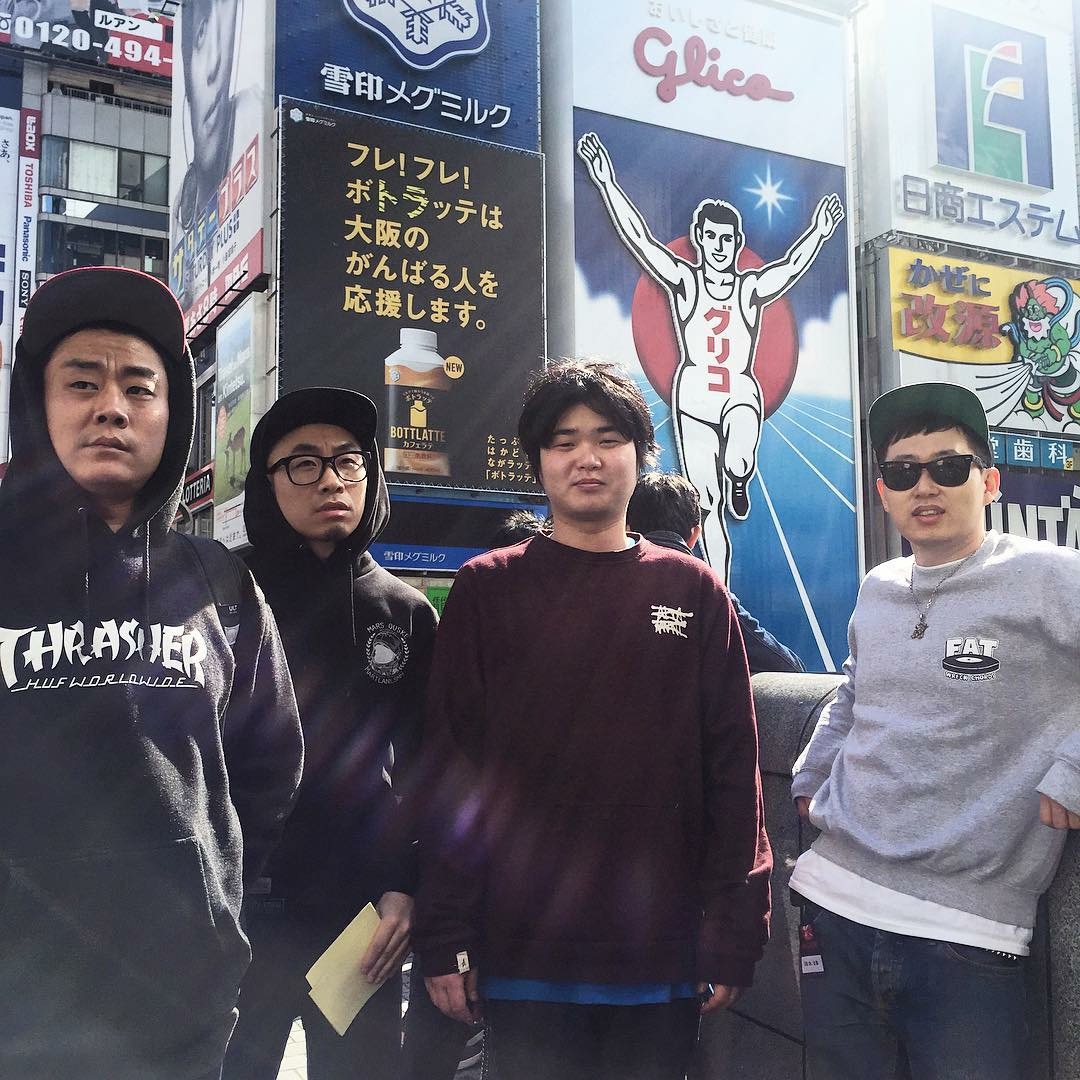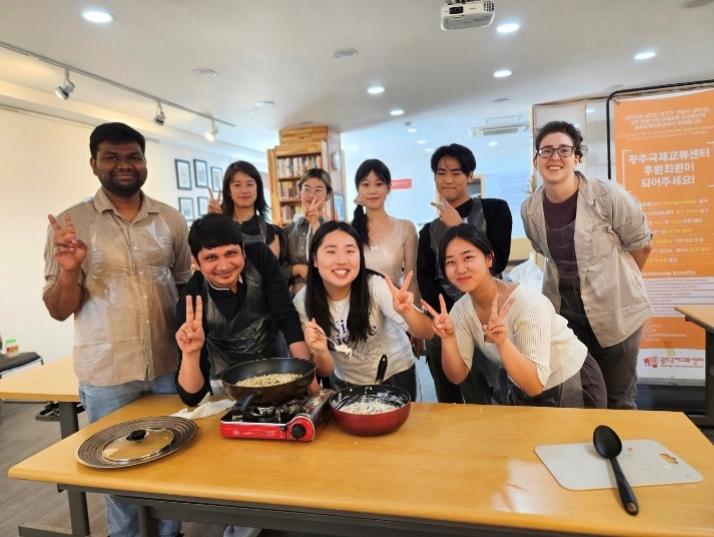Health: Catch those Zs
Before Sleep Deprivation Catches Up With You
Written By Jessica Keralis
Long nights and sleepiness are a rite of passage for students, business professionals and diplomats alike. My father once told me that after he turned in his very last final exam before earning his engineering degree, he “went back home and slept for three days.”
Most of us joke that sleep is “overrated” at one point or another; just about everyone will admit to pulling at least one all-nighter at some point in his or her life.
South Koreans, it seems, do it more often than most. In 2013, the OECD issued a report finding that South Koreans got the least amount of sleep, on average, of 18 highly-developed nations. Health Ministry experts are concerned that this issue may be contributing to the nation’s growing rate of obesity.
Any Korean middle or high school student (not to mention their teachers) will tell you that the problem is not restricted to adults. A study by Boston College researchers found that Korean secondary school students also have had some of the highest rates of sleeplessness among countries studied.
Chronic sleep deprivation affects both short- and long-term memory, which is particularly important for students’ abilities to learn and retain new material. It also impacts focus and reflex speeds, making drowsy driving particularly dangerous—one in every five serious motor vehicle injuries is estimated to be related to driver fatigue in both the U.S. and the U.K. Several studies have also linked a lack of sleep to hormonal and endocrine imbalances, suggesting links between sleep deprivation and obesity, type II diabetes, cardiovascular disease and depression.
For its part, the Korean government seems to be catching onto the problem. Last year, the city of Seoul began encouraging its employees to take a “siesta” (that is, an afternoon nap) of up to an hour each day if they are feeling fatigued, and the Health Ministry says it is taking steps to counter the trend. An entrepreneur in Seoul has even capitalized on the trend with the opening of a “nap caf” earlier this year. While this is certainly a charming idea, this national problem will not be solved, until Koreans collectively value sleep as integral to their health.
ABOUT THE AUTHOR
Jessica Keralis has a Master of Public Health and four years of experience in the field of public health. She is currently working as an epidemiologist. All views expressed here are her own and not those of any employer.




